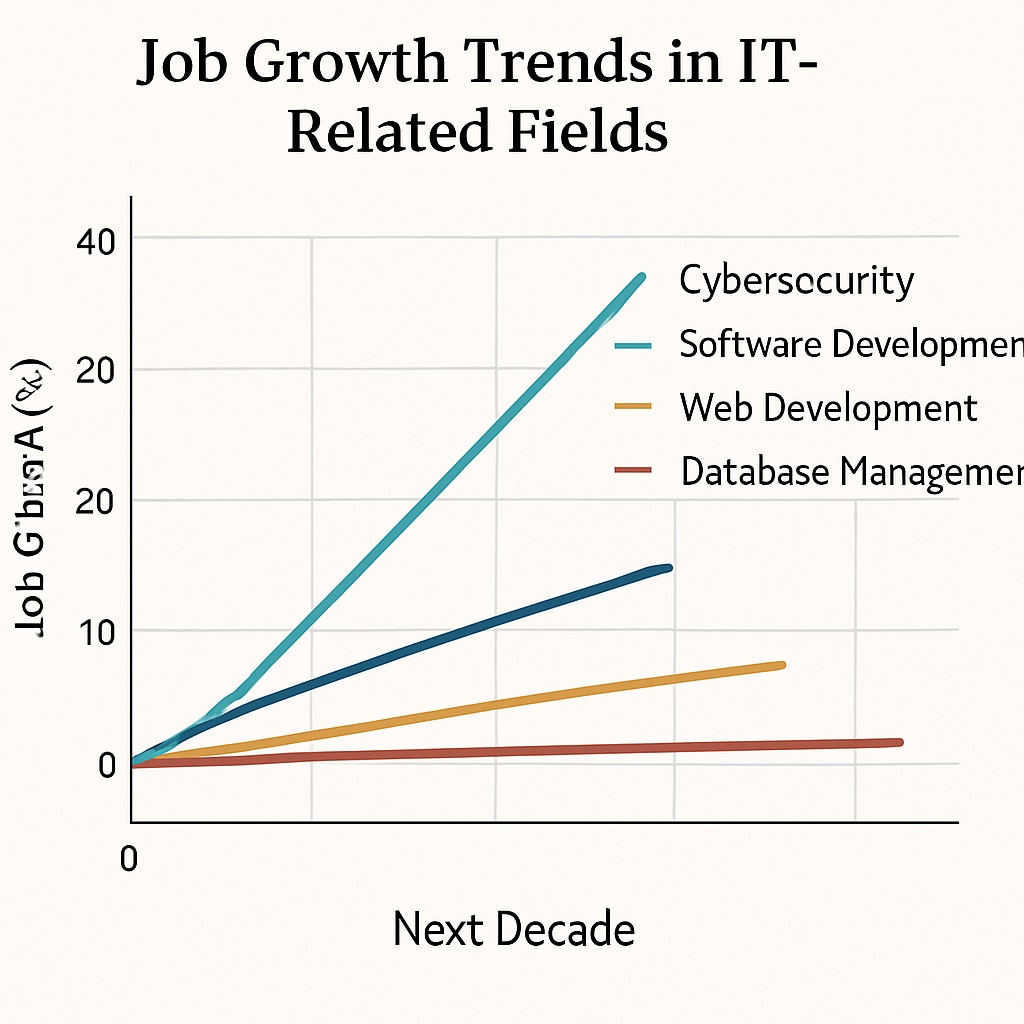Choosing the right university major is one of the most critical decisions for young adults. For students interested in technology, the options can feel overwhelming. With fields like IT network security, programming, and electrical instrumentation, finding the right fit requires careful evaluation. This article explores key aspects of university major selection in the IT field and offers practical advice for aligning academic choices with long-term career goals.
Understanding the Landscape of IT and Technology Majors
The IT and technology sector is vast and continues to grow rapidly. Each major within this field offers unique pathways and career opportunities. Here’s a closer look at some of the most popular options:
- Programming: Focused on software development, coding, and creating applications. Careers in this field include software engineer, app developer, and game programmer.
- Network Security: Dedicated to protecting digital infrastructure. Professionals in this field work as cybersecurity analysts, ethical hackers, and IT security consultants.
- Electrical and Instrumentation Technology: Combines hardware and software to develop and maintain advanced machinery. Common roles include instrumentation technician and automation engineer.
Each major has its own set of challenges and rewards. Therefore, it’s essential to understand these differences before making a choice.

How to Evaluate Your Strengths and Interests
Before diving into a specific major, take a step back and assess your strengths and interests. Here are some practical steps:
- Self-Assessment: Identify whether you excel in analytical thinking, problem-solving, or creativity. For example, programming often suits those who enjoy logic and algorithms.
- Consider Hobbies: Do you spend time exploring software, solving puzzles, or building gadgets? These hobbies may indicate a natural inclination toward certain IT fields.
- Seek Feedback: Ask teachers, mentors, or family members for their input. They can help you identify areas where you’ve shown potential.
By understanding your own preferences, you can narrow down your choices and focus on a major that aligns with your strengths.
Evaluating Career Opportunities and Industry Trends
Your choice of major should also consider the job market and future industry trends. For example:
- High Demand Fields: Cybersecurity is a rapidly growing field due to the increasing need for data protection. Similarly, roles in AI and machine learning are on the rise.
- Salary Potential: IT professionals, especially in specialized fields like ethical hacking and cloud computing, often enjoy competitive salaries.
- Global Opportunities: Many IT careers allow for remote work or international opportunities, giving you flexibility in where and how you work.
For additional insights, consider exploring industry reports or trusted resources such as the U.S. Bureau of Labor Statistics or the World Economic Forum.

Practical Tips for Making the Final Decision
Once you’ve narrowed down your options, the following steps can help you make a final decision:
- Visit University Open Days: Speak with professors and current students to get a sense of the curriculum and campus culture.
- Review Course Content: Look at the modules offered in each major. Does the content excite you or align with your career goals?
- Internships and Projects: Check if the program includes practical experience, such as internships or capstone projects, which are valuable for building your resume.
Remember, your choice of major is not a final destination. Many skills in the IT field are transferable, allowing you to switch paths later if needed.
Conclusion: Aligning Your Major with Your Vision
Choosing a university major in the IT field is a significant step, but it doesn’t have to be overwhelming. By understanding your interests, evaluating industry trends, and seeking guidance, you can make an informed decision. Whether you choose programming, network security, or another specialization, the key is to select a path that aligns with your strengths and long-term career vision. As the technology sector continues to evolve, your foundation in IT will open doors to numerous opportunities.
Final Note: Stay curious and adaptable. The IT industry thrives on innovation, and so will you.


